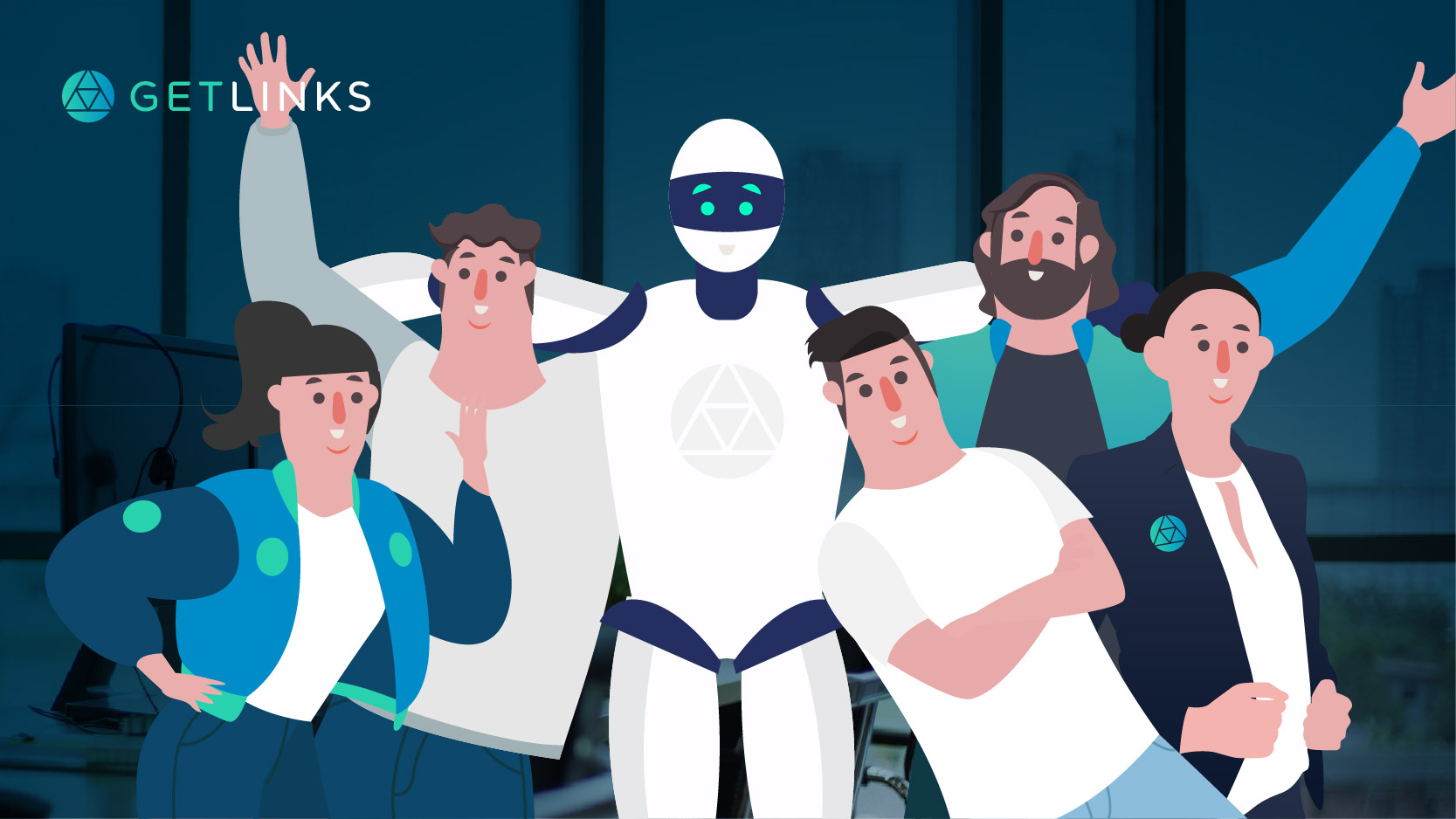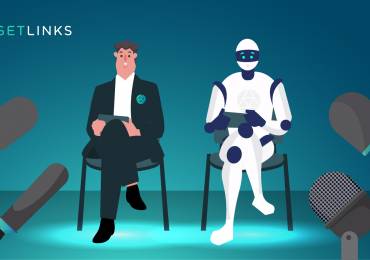Building an AI-Ready HR Team: Upskilling for the Digital Age

The integration of Artificial Intelligence (AI) into the workplace is no longer a future trend, but it’s a present-day reality. For the Human Resources department, this presents a unique opportunity to move beyond administrative tasks and become a truly strategic partner in the business. But for HR to fully leverage the power of AI, its teams must be prepared. This means building an AI-ready HR team, equipped with the skills, mindset, and confidence to navigate this new digital landscape.
Strategies for Cultivating an AI-Literate HR Team
Embracing AI isn’t just about purchasing new software, it’s a fundamental shift in how an HR team operates. Here are some strategies to foster this change.
Targeted Training and Development
The most effective way to upskill an HR team is through focused and tailored training, rather than adopting a one-size-fits-all approach. Every member of the team should have a foundational understanding of AI and its applications in HR, but specialized training is where the real value lies. For example, training in data literacy helps HR professionals learn how to interpret and apply insights from AI-powered tools to make more informed decisions. Similarly, ethical AI use ensures that the team understands the implications of fairness, bias, and compliance when applying AI to hiring, performance management, or promotions. Finally, tool-specific training—such as hands-on experience with AI-driven applicant tracking systems or predictive analytics platforms—gives the team the confidence to integrate these tools effectively into their day-to-day work.
Effective Change Management
While introducing AI can bring immense benefits, it also comes with challenges. Change often triggers resistance, particularly when employees fear that technology might replace their roles. That’s why effective change management is just as important as the technology itself. HR leaders need to communicate the “why” clearly. Explaining that AI is meant to augment human work, not replace it. By automating repetitive tasks, HR professionals will have more time to focus on strategic, human-centric responsibilities like employee engagement, talent development, and building a strong workplace culture.
Involving the team early in the process is another critical factor. By asking employees which tasks take the most time and exploring how AI could help, leaders give the team a sense of ownership and reduce resistance. Starting small is also a smart strategy. Piloting AI tools in one department or function allows for a learning period and the creation of success stories that can build momentum across the organization.
Fostering an AI-Literate Culture
An AI-ready team thrives in a culture that values curiosity and continuous learning. Encourage experimentation and celebrate small wins. Create a safe space for team members to ask questions and even make mistakes. A culture that prioritizes data-driven insights over gut feelings will naturally embrace the use of AI to inform decision-making, from recruitment to succession planning.
A Practical Roadmap for HR Leaders
Before diving into large-scale implementation, HR leaders must first understand where their team currently stands. Conducting a skills audit can help identify existing proficiency in areas such as digital literacy, data analysis, and familiarity with HR technologies. It’s equally important to assess attitudes by asking team members how comfortable they feel with new technologies and how willing they are to learn. These insights highlight not only potential champions of change but also areas where additional support will be needed.
Once the current state is clear, the next step is defining the “why” with a strategic vision. This involves pinpointing high-impact areas where AI can deliver immediate value. For instance, AI-powered sourcing and automated scheduling could dramatically reduce time-to-hire in recruitment. Personalized training recommendations could transform learning and development, while predictive analytics could help identify employees at risk of leaving, enabling HR to take proactive steps to retain top talent.
Next thing HR leaders need to do is to develop a phased implementation roadmap. Don’t try to do everything at once. Start with simple, high-impact projects that require minimal training and demonstrate immediate value. For instance, you could begin with a chatbot for new hire onboarding FAQs, then move on to a more complex system like an AI-powered resume screening tool in a later phase.
Finally, Pilot, Learn, and Scale are the final step HR leaders need to consider. Launch a pilot program in one department or for a specific function. Use this period to gather feedback, measure the impact of the new technology, and refine your processes. Once the pilot is a success, you’ll have a proven model and internal advocates to help you scale the solution across the entire department.
By following this roadmap, HR leaders can transform their teams from passive users of technology into active architects of a more efficient, strategic, and human-centered future.
Building an AI-ready HR team is not just about adopting new tools, it’s about reshaping mindsets, nurturing continuous learning, and creating a culture where people and technology work hand in hand. By investing in skills, managing change with empathy, and following a clear roadmap, HR leaders can empower their teams to move beyond transactional tasks and become true strategic partners in the organization. The future of HR is already here, and those who embrace AI today will be the ones shaping a smarter, more human-centered workplace tomorrow.
And if you’d like to get more familiar with other AI tools, try using GetLinks AI Career Coach here first.


